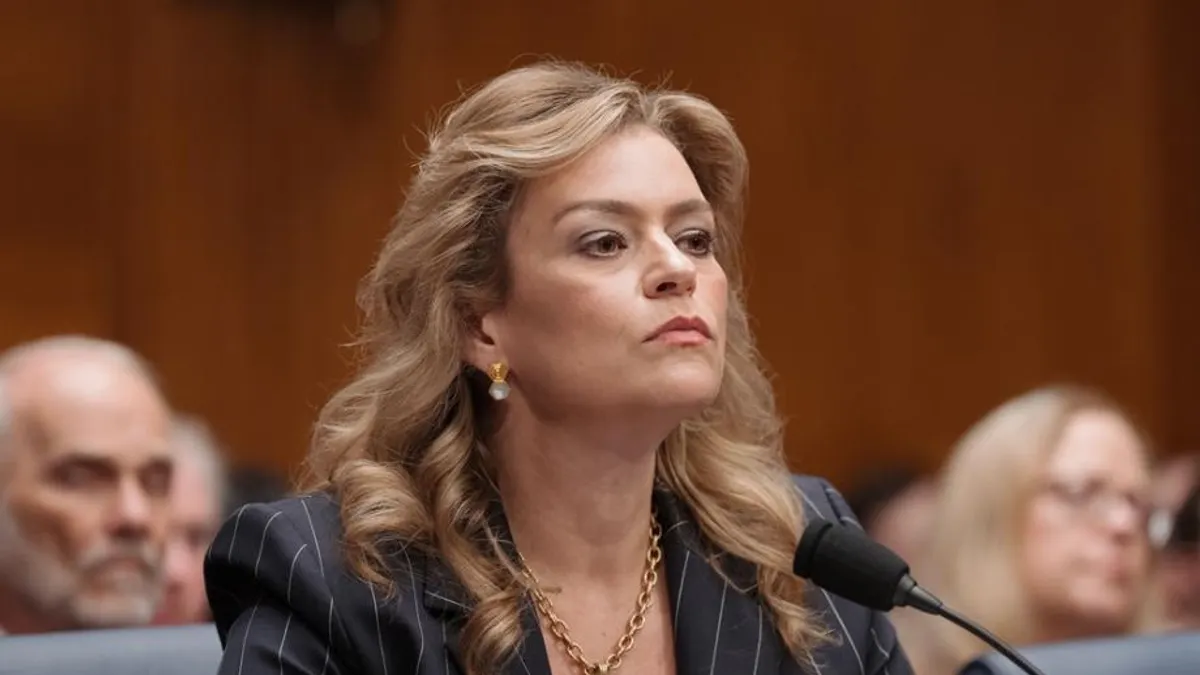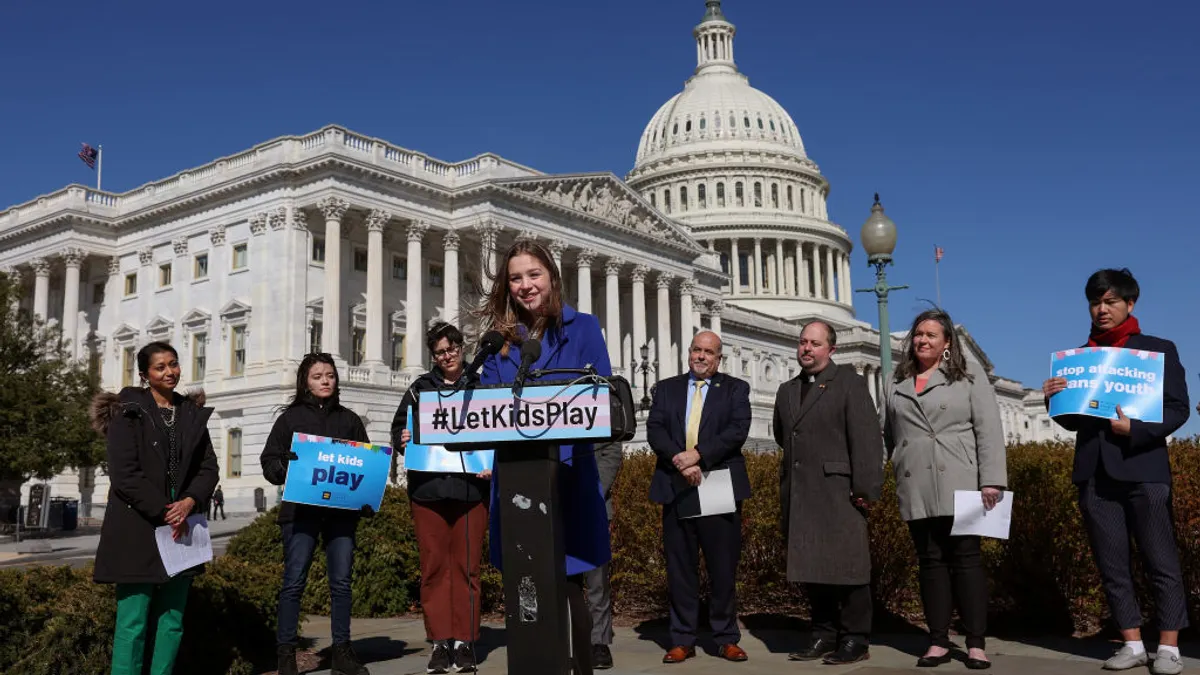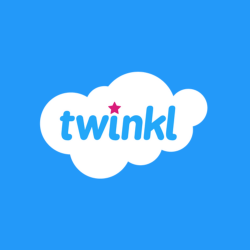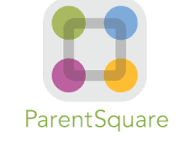A proposed rule and long-awaited guidance update for school-based Medicaid billing aims to create an easier, more streamlined reimbursement process, according to a joint announcement Thursday from the U.S. Department of Education and U.S. Department of Health and Human Services.
Specifically, the proposed rule recommends eliminating a provision in the Individuals with Disabilities Education Act that requires one-time parental consent before schools file first-time invoices for school-based specialized services for children eligible for public benefits under Medicaid, the Children's Health Insurance Program or other public insurance and benefits programs.
The proposed rule doesn't change any other parental consent provisions or obligations in IDEA or other laws. Additionally, both students with disabilities who are eligible for public insurance benefits and those who aren't will continue to receive their free individualized education program services regardless of a school’s costs for the services or access to reimbursement. Those services include, for example, medical support and speech therapy.
The 183-page guide for school-based Medicaid services and billing highlights flexibilities states can use to promote access to health-related, school-based services for all Medicaid-eligible students while still adhering to federal laws and regulations. Services that may be eligible for reimbursement include preventive care, mental health and substance use disorder services, physical and occupational therapy, and disease management.
The announcement of the guide and proposed rule was timed for release on Thursday's Mental Health Awareness Day of Action.
The guidance includes examples of ways schools — including those in rural and under-resourced areas — can simplify billing procedures for school-based services. The release marks the first comprehensive, updated guidance in this area in about 20 years.
"This is truly monumental," said Jenny Millward, executive director of the National Alliance for Medicaid in Education, or NAME. "It's just exciting to be able to have additional flexibilities offered to states so that states can then review the flexibilities and determine what is best for them to be able to increase the access and equity for students in their state."
Long-awaited changes
School administration advocates have been requesting updated guidance and a change to the parental consent process for many years.
They say the current parental consent provision burdens school staff, who have to continually request permissions from parents, and leads to lost reimbursements. For example, Chicago Public Schools estimates incomplete parent permissions costs about $1 million annually in lost Medicaid reimbursements.
HHS and the Education Department estimate that of the 500,000 students who newly qualify for special education services annually nationwide, more than half are Medicaid-eligible.
Reimbursements for school-based Medicaid services for students with and without disabilities make up the fourth-largest funding stream for schools nationally, behind Title I, IDEA and school meals, said Sasha Pudelski, advocacy director for AASA, The School Superintendents Association. AASA estimates Medicaid reimbursements to schools to be about $3 billion to $4 billion annually.
Making sure that the school-based Medicaid system is functional and equitable is a priority for AASA, Pudelski said.
Families provide parental consent at the point of Medicaid enrollment, which allows providers to bill Medicaid for health services. But schools are the only providers that require additional parental consent for Medicaid billing, Pudelski said.
"It's always been a very unfair system for us," she said.
HHS also announced on Thursday that it approved state plan amendments for New Mexico and Oregon that permit schools in those states to seek Medicaid reimbursements for school-based health services provided to all Medicaid-eligible students, not just those receiving special education services.
The comment period for the proposed rule change in IDEA for parental consent for Medicaid billing ends Aug. 1. AASA, NAME and the Healthy Schools Campaign are hosting a webinar regarding the updated guide on June 6 with officials from HHS and the Education Department.





















